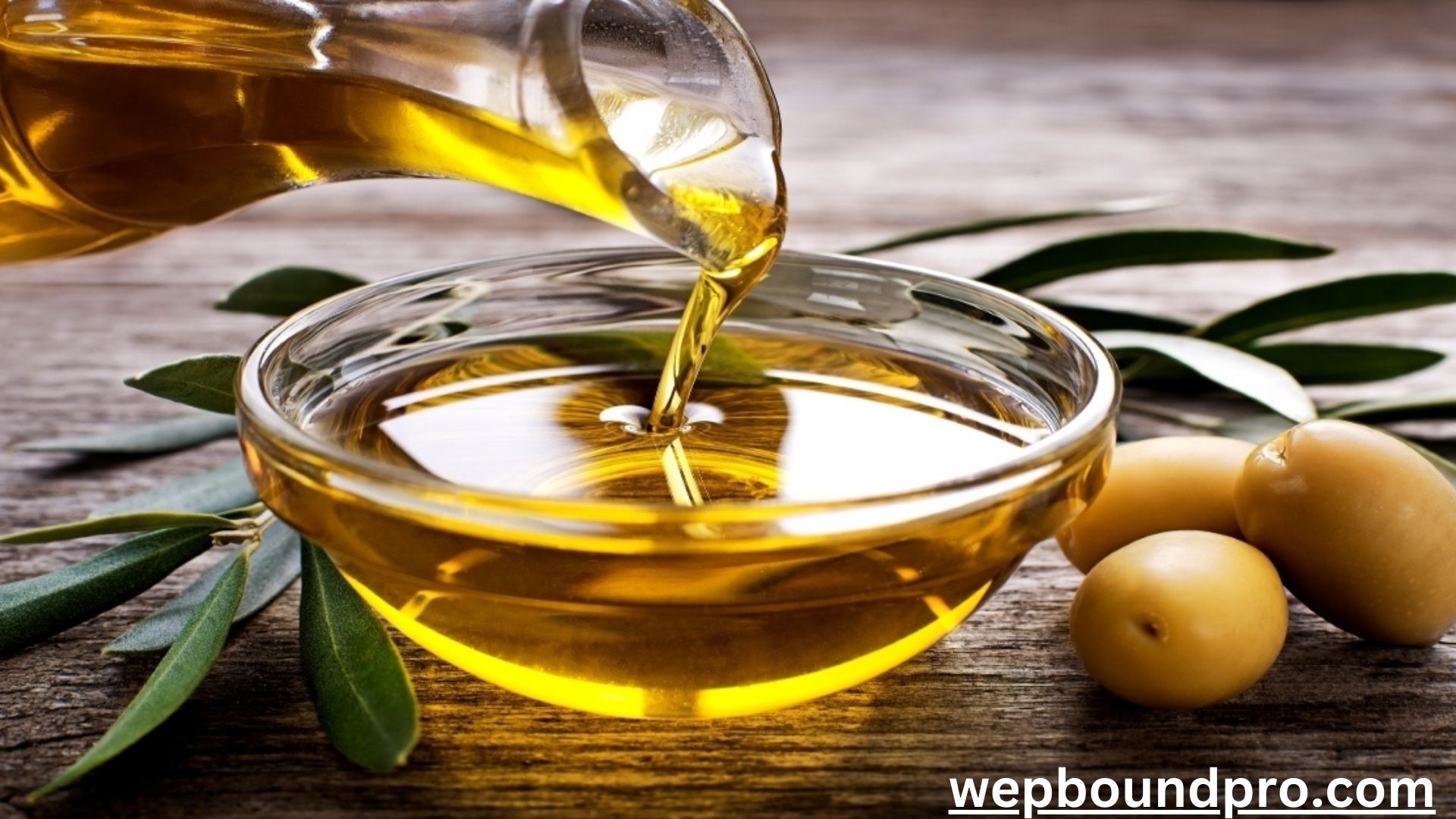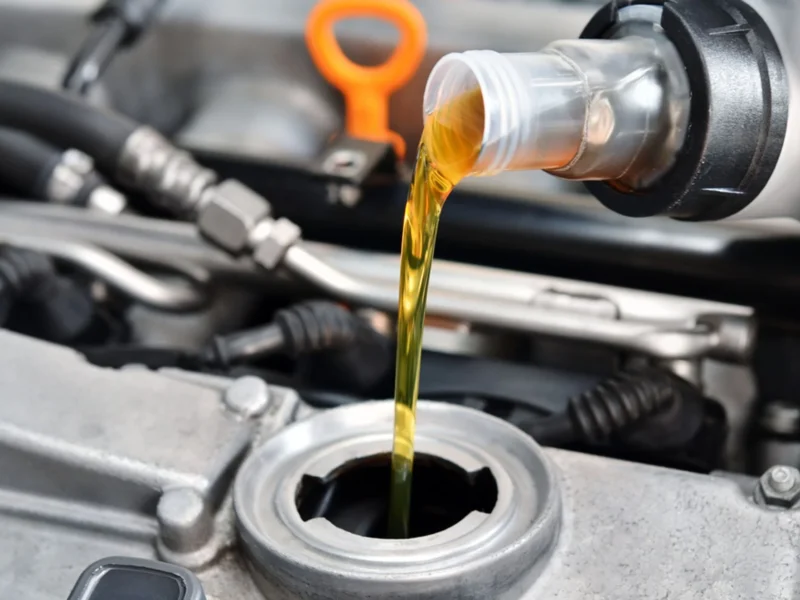Anointing oil has been a cornerstone of spiritual and religious practices for centuries. Rooted deeply in biblical traditions, it symbolizes divine blessings, sanctification, and healing. Whether used in sacred ceremonies or for personal spiritual growth, anointing oil holds immense significance. It serves as a conduit for connecting with the divine, fostering spiritual protection, and enhancing faith. In this guide, we will explore its history, uses, benefits, and preparation, offering a comprehensive understanding of its role in both spiritual and physical well-being. Keywords like anointing oil, holy anointing oil‘s, and spiritual oil are central to this discussion, ensuring a holistic approach to the topic.
What Is Anointing Oil?
Historical Background of Anointing Oil
Anointing oil traces its origins to ancient biblical times, where it was first mentioned in the scriptures as a sacred tool for consecration and blessings. In the Old Testament, God instructed Moses to create a specific holy anointing oil for use in the tabernacle, signifying its divine importance. This oil was used to anoint priests, kings, and sacred objects, marking them as holy and set apart for God’s purposes.
Over centuries, various cultures and religious traditions have adopted and adapted the use of anointing oil’s, each adding unique meanings and practices. This connection underscores the deep spiritual significance of anointing oil in the Bible and its enduring legacy in religious rituals.
Purpose and Symbolism of Anointing Oil‘s
Anointing oil is more than just a blend of ingredients; it embodies the essence of spiritual cleansing and divine protection. By using spiritual oil, individuals can connect with their faith, seek guidance, and feel a sense of renewal. The act of anointing symbolizes healing, sanctification, and being set apart for a divine purpose.
In Christian traditions, anointing oil’s is often used during prayer and worship to signify the presence of the Holy Spirit. Similarly, in other faiths, it is employed to invoke blessings and spiritual energy, reinforcing its universal importance across cultures and beliefs.
Benefits of Anointing Oil
Healing Properties of Anointing Oil
One of the most revered aspects of anointing oil is its healing properties. Healing anointing oil’s is believed to promote physical, emotional, and spiritual well-being. It contains essential oils like frankincense and myrrh, renowned for their therapeutic qualities. For instance, frankincense reduces stress and anxiety, while myrrh enhances skin health and aids in wound healing.
Practitioners in holistic therapies often apply anointing oil’s during massage therapy or energy healing sessions to enhance relaxation and alignment. They also use it in prayers for the sick, expressing hope for divine intervention and restoration.
Spiritual Benefits of Anointing Oil‘s
Beyond its physical applications, sacred oil plays a profound role in spiritual enrichment. It acts as a tangible representation of faith and trust in divine power. When used during meditation or prayer, it can help focus the mind and strengthen one’s connection to the divine.
For many, anointing oil is a tool for spiritual protection, warding off negativity and creating a sense of safety. By integrating anointing oil’s into their spiritual practices, believers often feel a heightened sense of alignment, purpose, and peace.
How to Use Anointing Oil for Spiritual and Healing Purposes
Steps to Bless and Apply Anointing Oil
Using anointing oil begins with proper preparation. To use it effectively, one must create a serene environment, focus on their intentions, and say a prayer over the oil. This ensures that the oil is spiritually charged and ready for use.
The process of applying holy anointing oil‘s typically involves placing it on the forehead, wrists, or other symbolic areas. Many also anoint their homes, doorways, or objects to invite divine protection and blessings. The key is to approach the practice with reverence and faith, aligning your actions with your spiritual goals.
Rituals and Practices with Anointing Oil
Anointing oil is a staple in various religious and spiritual rituals. From blessing homes and individuals to anointing objects for protection, its applications are vast.
- Blessing Homes: Apply oil to doorways and windows while reciting prayers for protection and peace.
- Healing Prayers: Use the oil to anoint individuals who are ill, accompanied by prayers for their recovery.
- Spiritual Cleansing: Apply the oil during meditation or prayer to clear negativity and invite divine energy.
Prayer rituals often incorporate anointing oil’s to amplify the spiritual connection and invoke divine blessings. For example, many believers use anointing oil’s for healing to seek comfort and renewal during challenging times.
Common Misuses and Precautions
While anointing oil holds immense spiritual value, it’s essential to use it with respect and intention. Misusing consecrated oils, such as using them for non-spiritual purposes, can diminish their sacredness. Additionally, ensure the oil is free from allergens or irritants when applying it to the skin.
How to Make Anointing Oil at Home?
Creating your own anointing oil at home allows you to personalize it according to your spiritual needs. Start by choosing a base oil, such as olive oil, which has been a traditional choice for centuries. To this, add essential oils like frankincense and myrrh, both known for their biblical and aromatic properties.
Step-by-Step Process:
- Gather Ingredients: Olive oil, frankincense essential oil, myrrh essential oil, and optional herbs like cinnamon or hyssop.
- Prepare a Sacred Space: Choose a quiet location and say a prayer to bless the preparation process.
- Mix the Ingredients: Combine the oils in a clean, sterilized bottle. Adjust proportions to your preference.
- Bless the Oil: Pray over the mixture, dedicating it to its intended spiritual purpose.
- Store Properly: Keep the oil in a cool, dark place to preserve its potency.
This personalized process ensures the oil aligns with your intentions, whether for healing, protection, or blessings.
Where to Buy Authentic Anointing Oil?
For those who prefer pre-prepared options, finding authentic holy anointing oil is crucial. Look for reputable suppliers who offer high-quality, consecrated oils.
Tips for Purchasing:
- Verify the ingredients to ensure they align with traditional recipes.
- Seek reviews or recommendations from trusted sources.
- Opt for oils that have been blessed or prepared under spiritual guidance.
Many religious stores, online marketplaces, and churches provide reliable options. When purchasing, ensure the oil contains genuine sacred ingredients and has been prepared in accordance with traditional methods.
Conclusion
Anointing oil remains a timeless symbol of faith, healing, and spiritual growth. Whether used in rituals, personal prayer, or holistic practices, its benefits extend beyond the physical to touch the soul. By understanding its history, uses, and preparation, individuals can fully harness its potential. Explore its uses today, whether by creating your own or purchasing authentic products, to experience the profound connection it fosters with the divine.
FAQs
What is the biblical meaning of anointing oil?
Anointing oil symbolizes divine blessings, healing, and sanctification. It is often mentioned in the Bible as a sacred tool for purification and dedication.
Can anointing oil’s be used for protection?
Yes, anointing oil’s is commonly used in rituals to invoke spiritual protection and ward off negative energy.
How do I make anointing oil’s at home?
You can make it by blending olive oil with essential oils like frankincense and myrrh. Bless the mixture with prayer for spiritual use.
What are the healing properties of anointingoil?
It is believed to promote emotional and physical well-being, reduce stress, and enhance spiritual connection.
Where can I buy consecrated anointing oil’s?
You can find consecrated oils at religious stores, online marketplaces, or directly from churches that prepare them.
Read Also: How Long Does an Oil Change Take


